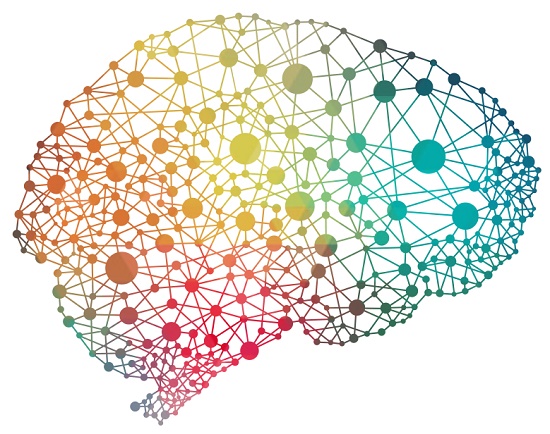
In 2013, Johns Hopkins University researcher and epidemiologist Dr. Frank Lin led a study which was the first to identify the possible consequence of hearing loss on mental function.
Participants with hearing loss took repeated cognitive exams, used to evaluate memory and thinking skills, over the course of six years. Hearing tests were also performed over the same time period.
What the investigators found was concerning: those with hearing loss had cognitive abilities that decreased 30 to 40 percent faster than those with normal hearing, even after accounting for other contributing factors like high blood pressure, age, and diabetes.
But that wasn’t everything. Not only did those with hearing loss experience higher rates of cognitive decline—the decline was directly connected to the extent of the hearing loss. The more extreme the hearing loss, the greater impairment to brain performance. In addition, those with hearing loss displayed marks of appreciable cognitive impairment 3.2 years earlier than those with normal hearing.
The research reveals a deep association between hearing loss and cognitive decline, but the question remains as to how hearing loss can result in cognitive decline.
How Hearing Loss Triggers Cognitive Decline
Researchers have proposed three reasons for the link between hearing loss and cognitive decline:
- Hearing loss can result in social isolation, which is a well-known risk factor for cognitive decline.
- Hearing loss causes the brain to expend too many resources to the processing of sound, at the expense of memory and thinking.
- A shared underlying injury to the brain causes both hearing loss and declined brain function.
Perhaps it’s a combination of all three. What is apparent is that, regardless of the cause, the link between hearing loss and cognitive decline is strong.
The question now becomes, what can we do about it? Experts estimate that 27 million Americans over age 50, including two-thirds of men and women aged 70 years and older, are suffering from some form of hearing loss. Is there a way those with hearing loss can protect against or slow cognitive decline?
How Hearing Aids Could Help
Remember the three ways that hearing loss is thought to cause more rapid cognitive decline. Now, consider how hearing aids could address or correct those causes:
- Individuals that use hearing aids boost their social confidence, become more socially active, and the problems of social isolation—and its contribution to mental decline—are lessened or removed.
- Hearing aids prevent the fatiguing impact of struggling to hear. Cognitive resources are freed up for memory and thinking.
- Hearing aids yield increased sound stimulation to the brain, helping to re-create neural connections.
Admittedly, this is mainly theoretical, and the big question is: does using hearing aids, in fact, slow or protect against hastened mental decline, and can we quantify this?
The answer may be discovered in an upcoming study by Dr. Frank Lin, the head researcher of the initial study. Lin is presently working on the first clinical trial to study whether hearing aids can be objectively measured to protect against or alleviate brain decline.
Stay tuned for the results of this research, which we’ll cover on our blog once published.
